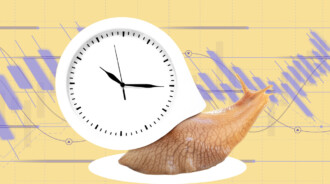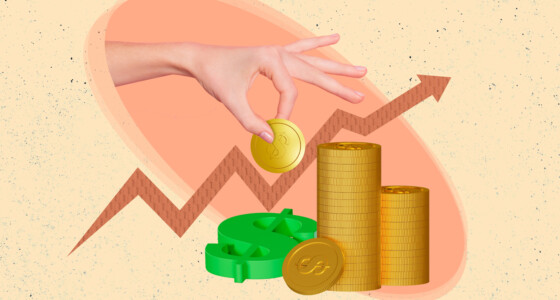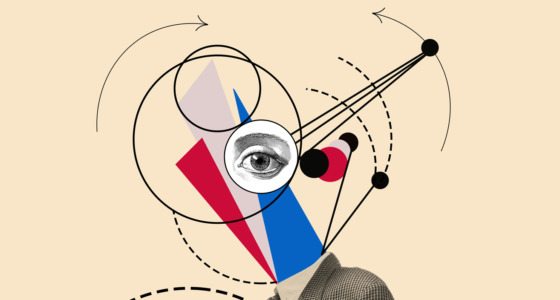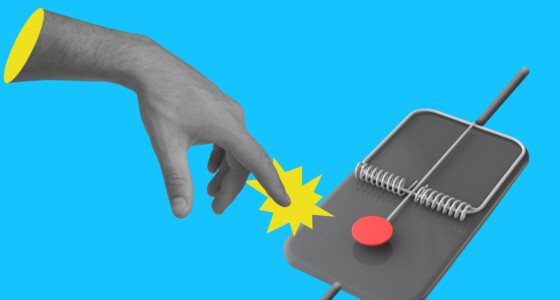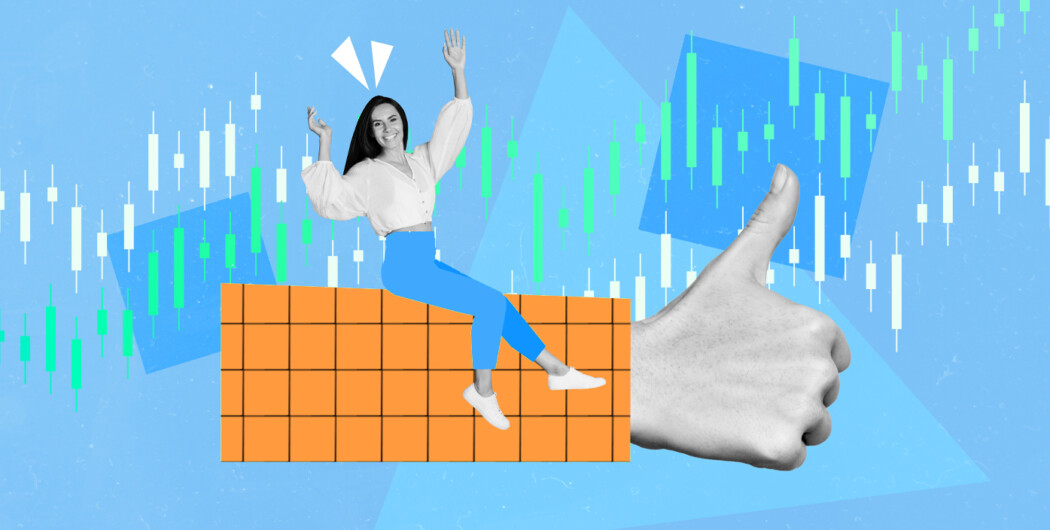

Chances are, you won’t be able to succeed in trading without practicing on a demo trading account. Demo trading, also known as paper trading, allows you to open an infinite number of positions for free—letting you develop your trading strategies without risking anything.
The term “paper trading” refers to times when traders had to test strategies on paper, as online-trading platforms didn’t exist.
Keep reading to discover demo trading and how to use it in your favor.
What is a demo account?
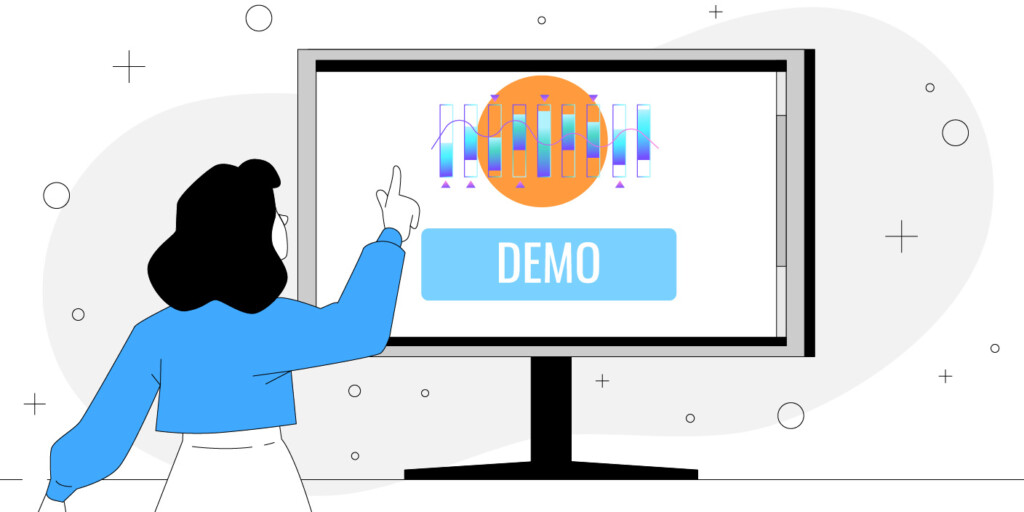
A demo account is a trading account that provides traders with virtual funds to open countless positions without risking their own capital. Such an account provides real-time market data, but the trades you open are virtual — they aren’t executed on a real market. Therefore, you neither lose nor gain profit from demo trades. Why use a demo account?
The main aim of a demo trading account is to allow newbies to discover how the market works, how certain assets behave, how to open and close trades, and how stop-loss and take-profit orders work.
Professional traders use demo accounts to test various strategies, indicators, and trading tools. Also, traders use demo accounts when entering a new market. For instance, after using a demo trading account on Forex, they can switch to a demo trading account for stocks.
Another reason to use a demo platform is to test its interface. Usually, trading firms use standard trading areas—for instance, most Forex brokers implement MetaTrader 4/MetaTrader 5. However, they can develop their own platforms. Thus, by opening a demo account, you can learn how the platform works, whether it suits you, and how to set trades.
How to choose among demo trading platforms?
Many brokers offer free demo trading accounts, and you can test various demo trading platforms and choose the one you like. It’s vital to remember that you are not obliged to trade on a broker’s real accounts after you use the demo.
Some brokers require you to register a demo account, while others don’t. Still, the registration process usually takes a few minutes, similar to opening a real trading account.
How to register a demo account: general steps
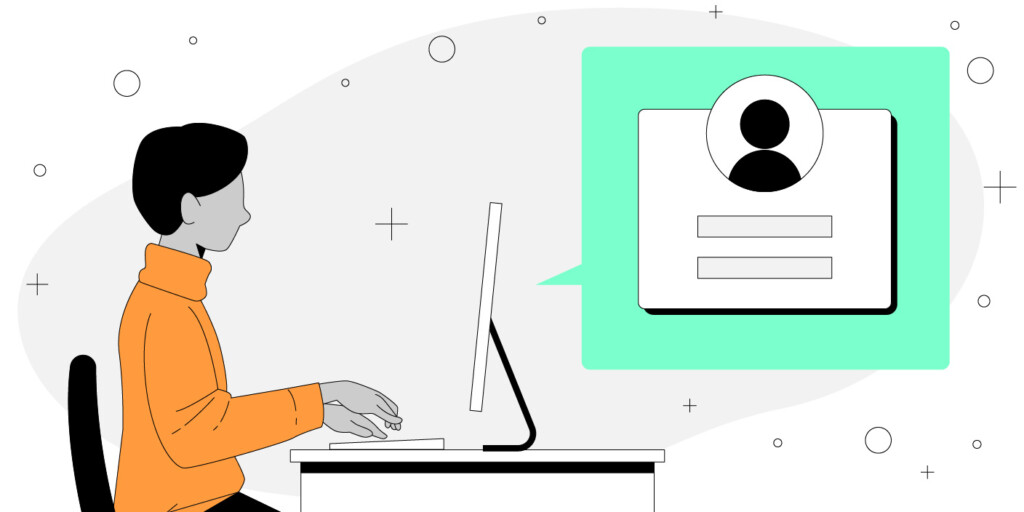
If you need to register for the demo, you will need to go through the following process.
*The steps may vary regarding a broker.
- Personal data. You will need to provide your data, including your first and last name, phone number, and email address. But demo accounts don’t require any documents.
- Account type. Also, you will need to choose an account type. A list of types depends on the broker. For instance, there can be a separate demo trading account for crypto.
- Initial funds. A broker allows traders to choose the initial amount of virtual funds they will use.
- Leverage. If your broker provides leverage trading, you can choose the leverage size.
Even if you open a real account first, you can create a demo account later.

Demo account pitfalls
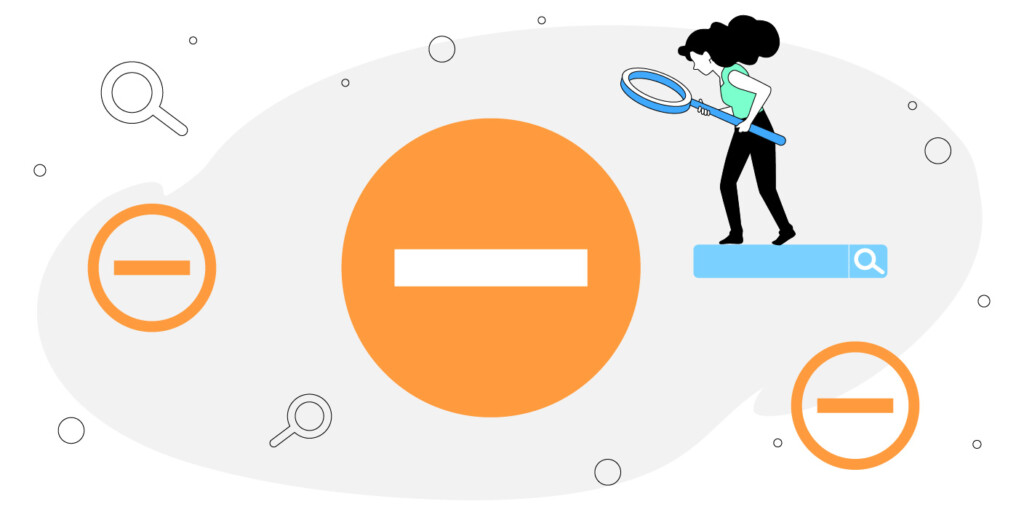
Although demo trading is an essential part of successful trading, you need to remember its drawbacks.
1. Trades depend on the current market conditions
Although demo accounts provide real price data, market conditions are always different. A degree of volatility and liquidity will affect a price direction and buyers’ and sellers’ strengths. Therefore, the strategy you develop on a demo platform may not work when you open a real trade.
It doesn’t mean that paper trading is useless. You should determine key strategy points but be ready for your approach to be corrected.
2. Psychology affects real trades
When opening virtual trades, you know you don’t risk your own funds. But when you enter a real market, every loss will lead to thoughtless actions. Your attitude to the number of trades and their size will change. You will be more cautious and stressed. To avoid mistakes, you can reduce the position size.
3. Not all assets are available
A list of assets you can trade depends on your broker. Therefore, if you want to trade crypto but your broker doesn’t provide crypto trading, you will need to look for another firm to try crypto demo trading.
Final thoughts
Demo trading is a vital part of your trading path. Although there are numerous strategies explained in tutorials, only by testing them and adjusting to your own trading habits will you be able to achieve great results. Before implementing any new tool in your strategy, try it on a demo account, even if you are an experienced trader.
